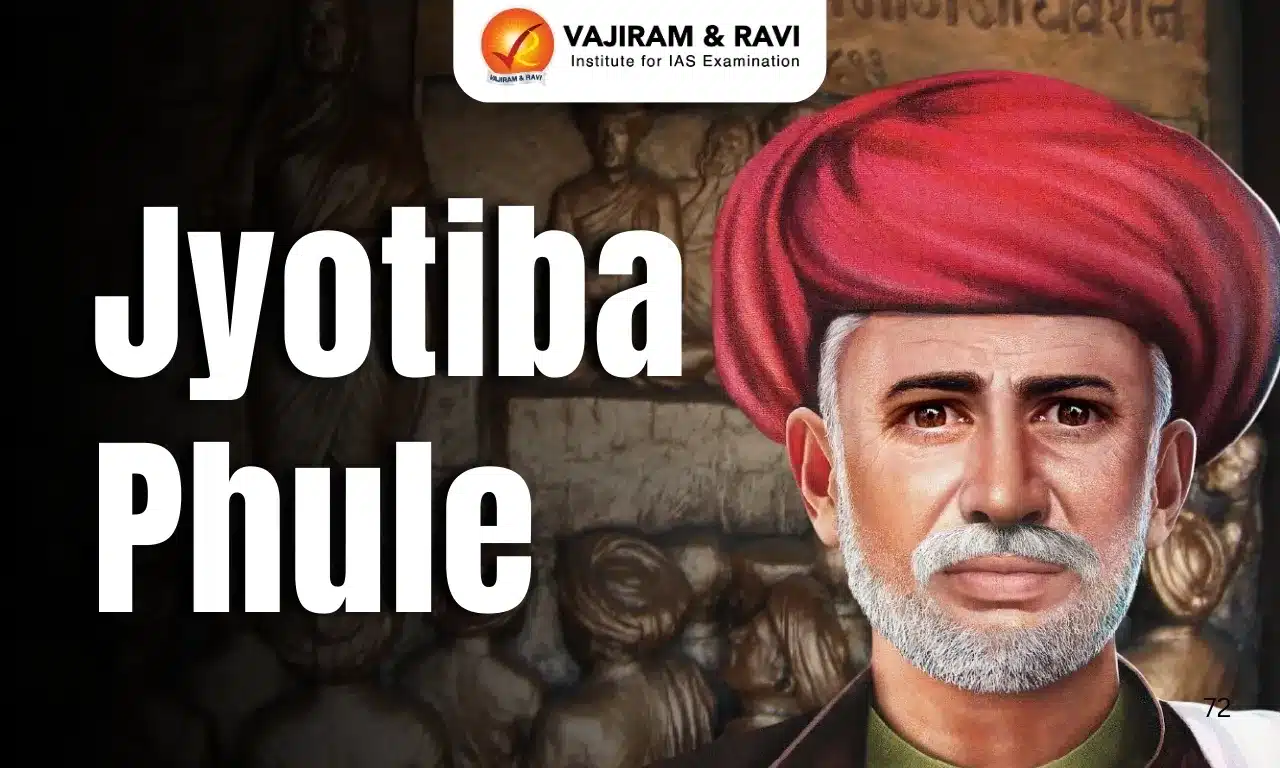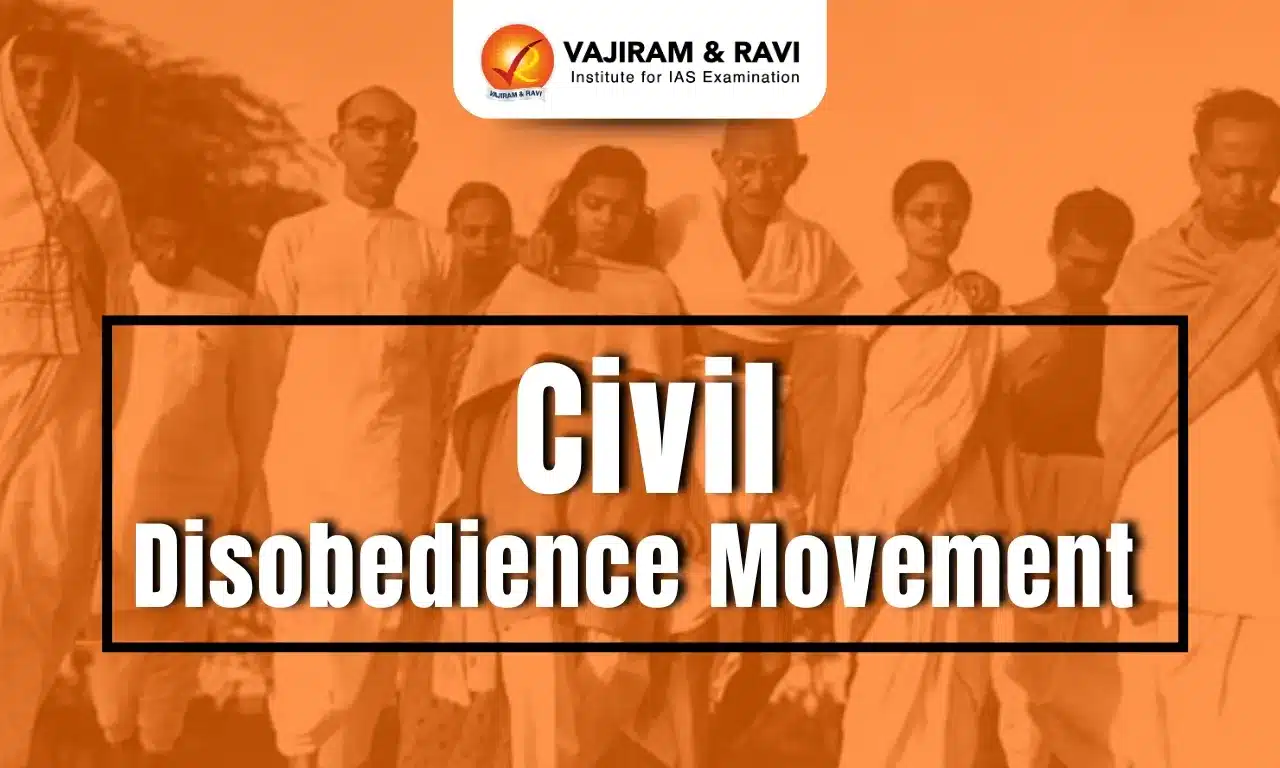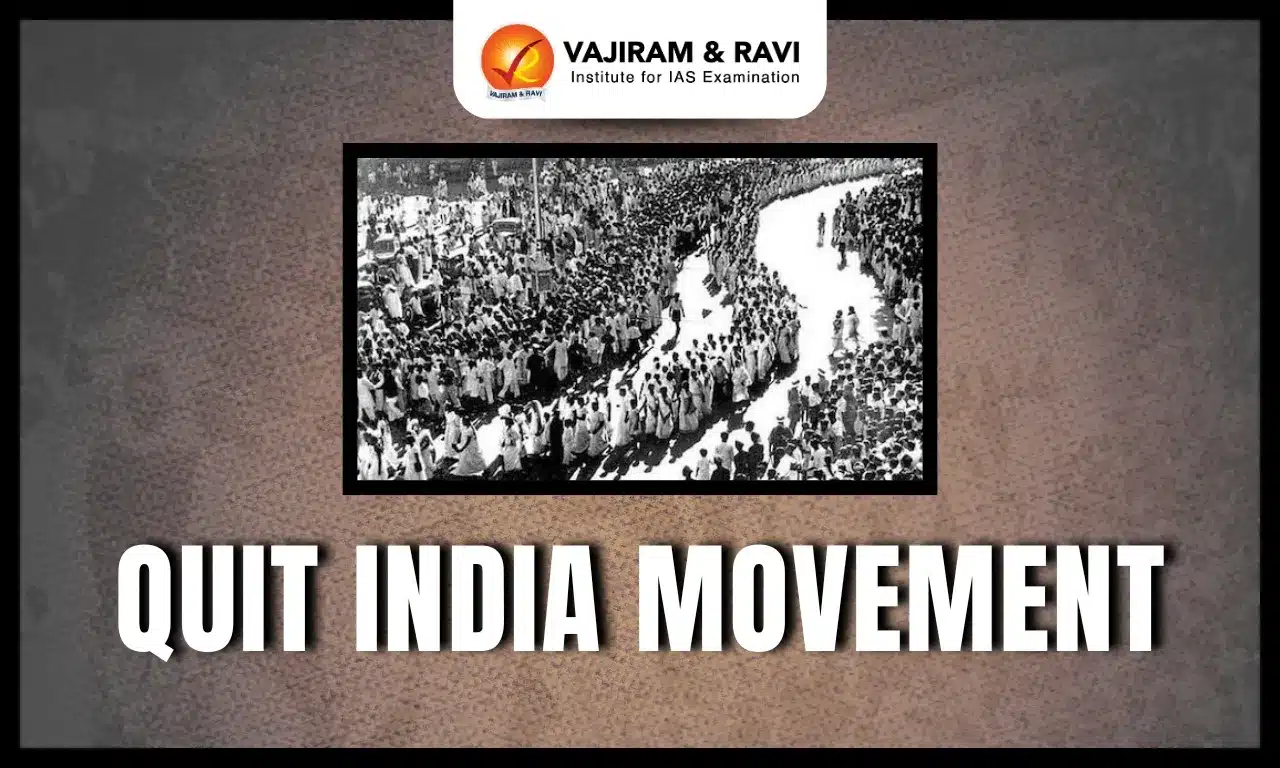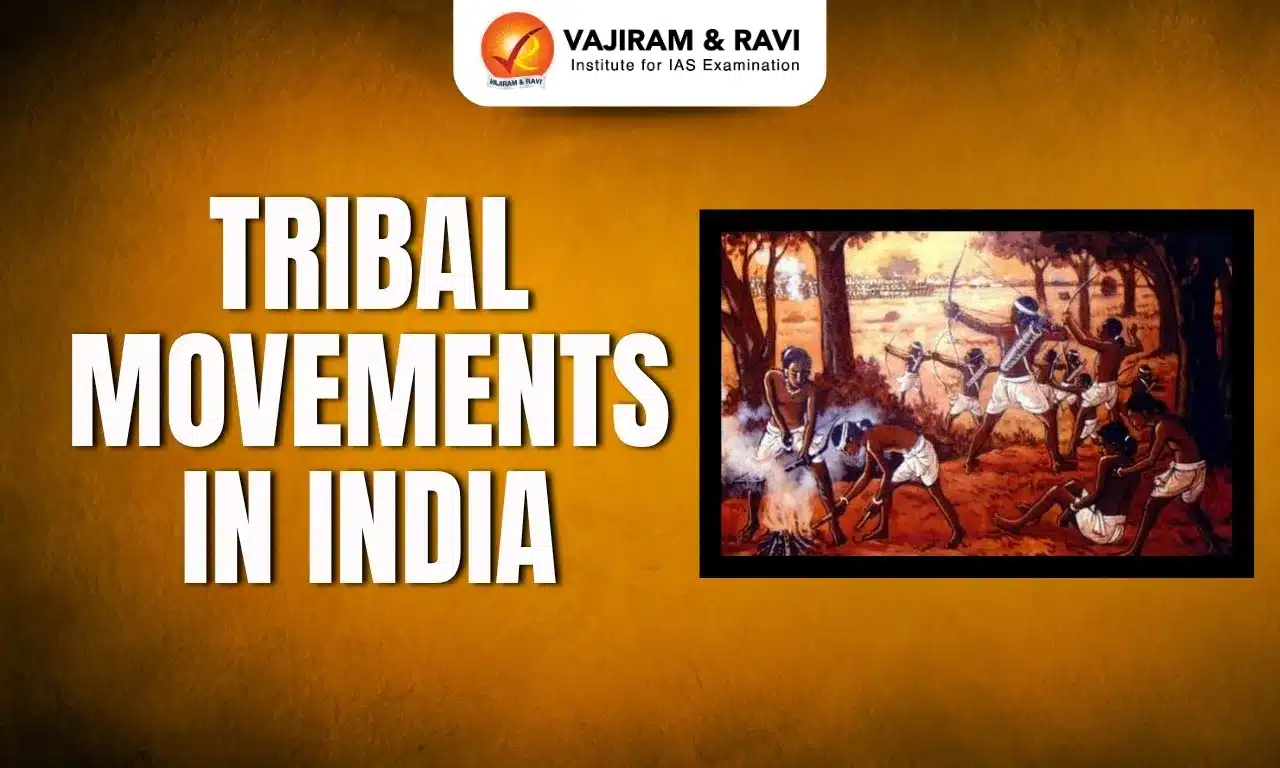Jyotirao Govindrao Phule (1827 – 1890), popularly known as Mahatma Jyotiba Phule, was a visionary social reformer who played a crucial role in challenging the rigid caste system and championing education and equality for women and marginalised communities in India.
In 1873, he founded the Satyashodhak Samaj to advocate for the rights of oppressed communities, including women, Dalits, and Shudras. His relentless pursuit of social justice and empowerment has left an indelible mark on Indian society.
Jyotiba Phule Biography
Jyotirao Phule (11 April 1827 – 28 November 1890) was an Indian social reformer, writer, and advocate for equal rights for everyone, including the poor and women. Mahatma Jyotiba Phule was born in the lower-caste Mali family on April 11, 1827, in Pune, Maharashtra. His father, Govindrao Phule, was a vegetable vendor, and his mother, Chimnabai, died when he was young.
- Education: Despite societal barriers, Mahatma Phule began his education locally and later advanced at the Scottish Mission High School in Pune. Jyotiba’s exposure to Western thinkers like Paine and Mill fueled his dedication to social justice.
- Personal Life: At 13, Jyotiba married Savitribai Phule, who became his lifelong partner in social reform, particularly in promoting education and women’s empowerment.
- Awakening and Realization: In 1848, caste-based discrimination at a friend’s wedding awakened Phule to caste injustices, leading him to challenge oppressive practices in Hindu society.
- Career: Phule worked as a contractor in Pune’s Public Works Department, using his financial independence to fund social reforms, including establishing schools and holding public awareness events.
Jyotiba Phule Ideology
Mahatma Jyotiba Phule's ideology was rooted in equality, justice, and rationalism. He rejected the authority of Brahmanical scriptures, which he believed perpetuated social hierarchy and discrimination.
- Critique of Caste System: Phule was an outspoken critic of the caste system, which he saw as a major impediment to social progress and human dignity. He argued that true spirituality and morality could not be confined within the rigid boundaries of caste and religion.
- Advocacy for Women's Rights: Phule championed women's rights and was one of the earliest advocates for gender equality in India. He believed women's empowerment through education and economic independence was essential for societal advancement.
- Secular and Rational Thought: Phule's rationalist approach emphasised scientific inquiry and critical thinking over blind faith and superstition. He encouraged individuals to seek truth and question oppressive traditions.
Jyotiba Phule Contributions
Jyotiba Phule's contributions to Indian society were profound and transformative. His relentless efforts in social reform, education, and advocacy for the marginalised laid the foundation for a more equitable and just society.
Jyotiba Phule Educational Reforms
Education was at the heart of Mahatma Phule's reform agenda. He believed that education was the key to empowering individuals and breaking the chains of social oppression. He established the first girls' school in India, a school for marginalised classes and a night school.
- First Girls' School in India: In 1848, Mahatma Jyotiba Phule and Savitribai Phule founded the first girls' school in Pune, a groundbreaking step in Indian history at a time when educating girls was taboo.
- The curriculum included mathematics, science, and social studies, challenging traditional gender roles. Phule also emphasised practical training to help women become self-reliant.
- Schools for Marginalised Communities: Jyotirao Phule extended his educational efforts to marginalised communities, including Dalits and other lower-caste groups, who were traditionally denied access to education.
- Night Schools: Mahatma Phule established night schools for working-class individuals, allowing them to gain education alongside their jobs. This initiative aimed to uplift the socio-economic conditions of marginalised communities through education.
Jyotiba Phule Social Reforms
Jyotiba Phule's social reform efforts were directed at eradicating caste-based discrimination and promoting equality and justice for all. Mahatma Jyotiba Phule advocated for a society based on justice and equality, free from the shackles of caste-based discrimination. His writings and speeches inspired a movement towards social reform and upliftment.
- Critique of Brahmanical Orthodoxy: Jyotiba Phule critiqued Brahmanical orthodoxy, seeing it as a root of social inequality. In Gulamgiri (Slavery), he condemned the caste system and championed the liberation of oppressed communities.
- Satyashodhak Samaj (Truth Seekers' Society): Phule founded Satyashodhak Samaj in 1873 to promote social equality and challenge oppression. Open to all castes and religions, it advanced women's rights, education, and caste equality.
- Advocacy for Widow Remarriage: Phule supported widow remarriage and challenged oppressive norms, promoting dignity and independence for widows. His advocacy extended to broader reforms, emphasising women's empowerment as essential for societal progress.
Jyotiba Phule Political and Economic Reforms
Jyotiba Phule's contributions extended to the political and economic spheres, where he advocated for the rights and welfare of marginalised communities. He advocated for the representation of marginalised people and their economic self-reliance.
- Representation of Marginalised Communities: Jyotiba Phule championed political representation for marginalised communities, submitting petitions for lower-caste rights and advocating land reforms to counter exploitative landlord practices and promote social justice.
- Economic Self-Reliance: Phule urged marginalised communities to pursue agriculture and crafts, promoting economic self-reliance. He emphasised cooperatives and collective action as pathways to social and economic empowerment.
Jyotiba Phule Religious and Philosophical Contributions
Mahatma Jyotiba Phule's religious and philosophical contributions were marked by his rejection of orthodox practices and his advocacy for a more inclusive and rational approach to spirituality.
- Call for Rationalism: Jyotirao Phule advocated for rationalism and critical thinking, encouraging individuals to question blind faith and oppressive traditions. He believed that true spirituality was rooted in justice, equality, and compassion.
- Promotion of Universal Values: Mahatma Phule’s philosophy centred on equality, justice, and human dignity, embracing universal values across religions and cultures. He advocated interfaith harmony, highlighting shared values among diverse religious traditions.
- Emphasis on Social Justice: Jyotiba Phule drew inspiration from the teachings of Bhakti saints like Sant Kabir and Sant Tukaram, who advocated for social justice and equality. He saw these traditions as allies in his fight against social oppression.
Jyotiba Phule Literary Contribution
Jyotiba Phule's literary works were crucial in disseminating his ideas and advocating for social reform. It included Gulamgiri (Slavery), Shetkaryacha Asud, and Satyashodhak Samaj’s literature. In 1881, Phule’s Shetkaryacha Asud criticised farmer exploitation, advocating land reforms to empower farmers and promote economic self-reliance for marginalised communities.
Jyotiba Phule Satyashodhak Samaj
On September 24, 1873, Mahatma Phule established the Satyashodhak Samaj (Society of Seekers of Truth) to advocate for the rights of oppressed groups like women, Shudras, and Dalits. The organisation sought to dismantle caste-based discrimination and opposed idol worship, promoting social equality and human dignity.
- Principles and Ideals: The Samaj promoted values of unity, equality, and happiness and emphasised simple, rational religious practices, opposing priestly mediation and complex rituals.
- Advocacy and Media Support: Deenbandhu, a Pune-based newspaper, became the voice of the Samaj, spreading its reformist message and ideals across society.
- Diverse Membership: Members came from various backgrounds, including Muslims, Brahmins, and government officials. Phule’s Mali community provided key leadership and financial support.
Jyotiba Phule Legacy and Impact
Mahatma Jyotiba Phule's relentless efforts in social reform had a profound and lasting impact on Indian society. His legacy includes numerous contributions to the fight against caste discrimination, the empowerment of women, and the spread of education to the marginalised.
- Inspiration for Future Movements: Jyotiba Phule's work established a foundation for future social and political movements in India. He challenged social norms and promoted a fairer society. His ideas also greatly influenced Dr. B.R. Ambedkar, the architect of the Indian Constitution.
- Empowerment Through Education: Jyotiba Phule's advocacy for women's rights and education was groundbreaking, paving the way for women's empowerment and establishing a foundation for gender equality.
- Challenges to Patriarchy: Jyotiba Phule's work challenged patriarchal norms and practices, advocating for women's independence and autonomy.
- Promotion of Social Equality: Mahatma Phule promoted social equality by believing in the dignity and rights of all individuals, regardless of caste. He called for the abolition of the caste system to create a just society, inspiring future movements for marginalised communities.
- Honours and Memorials: Many educational institutions, social organisations, and public spaces have been named after him. His birth anniversary is known as "Phule Jayanti" in Maharashtra and other parts of India.
Jyotiba Phule UPSC PYQs
Question: Satya Shodhak Samaj organised (UPSC Prelims 2016)
(a) a movement for the upliftment of tribals in Bihar
(b) a temple-entry movement in Gujarat
(c) an anti-caste movement in Maharashtra
(d) a peasant movement in Punjab
Ans: (c)
Last updated on March, 2026
→ UPSC Notification 2026 is now out on the official website at upsconline.nic.in.
→ UPSC IFoS Notification 2026 is now out on the official website at upsconline.nic.in.
→ UPSC Calendar 2026 has been released.
→ UPSC Final Result 2025 is expected to be released soon.
→ Check out the latest UPSC Syllabus 2026 here.
→ Join Vajiram & Ravi’s Interview Guidance Programme for expert help to crack your final UPSC stage.
→ UPSC Mains Result 2025 is now out.
→ UPSC Prelims 2026 will be conducted on 24th May, 2026 & UPSC Mains 2026 will be conducted on 21st August 2026.
→ The UPSC Selection Process is of 3 stages-Prelims, Mains and Interview.
→ Prepare effectively with Vajiram & Ravi’s UPSC Prelims Test Series 2026 featuring full-length mock tests, detailed solutions, and performance analysis.
→ Enroll in Vajiram & Ravi’s UPSC Mains Test Series 2026 for structured answer writing practice, expert evaluation, and exam-oriented feedback.
→ Join Vajiram & Ravi’s Best UPSC Mentorship Program for personalized guidance, strategy planning, and one-to-one support from experienced mentors.
→ Check UPSC Marksheet 2024 Here.
→ UPSC Toppers List 2024 is released now. Shakti Dubey is UPSC AIR 1 2024 Topper.
→ Also check Best UPSC Coaching in India
Jyotiba Phule FAQs
Q1. Why was Jyotiba Phule famous?+
Q2. What are the important facts about Jyotiba Phule?+
Q3. Who gave the Mahatma title to Phule?+
Q4. Who is the wife of Jyotiba?+
Q5. What is the slogan of Jyotiba Phule?+














